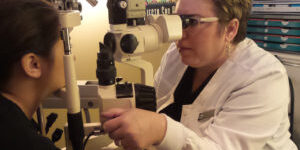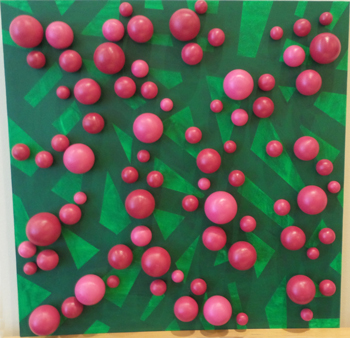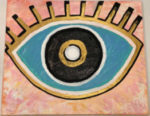
Full Eye Exam & Consultation
Comprehensive Eye Check-up
Whether you are new to going to an eye doctor or have been going for a while, an annual eye exam alleviates and catches many eye disorders early.
What full eye checkups mean.
Dr. Emerson's comprehensive eye exams include:
- Visual acuity check for depth-perception, distance and near vision
- Intraocular pressure test
- Exam of Pupil functions
- Checks for external and internal infection, diseases and defects.
- Color blindness check.
- Cover test to check eye alignment.
- Ocular motility test to determine how well your eyes can follow a moving object and/or quickly move between and accurately fixate on two separate targets.
- A retinoscopy exam. While room lights are dimmed you will be asked to focus on a large target (usually the big "E" on the eye chart). This test estimates which lens powers will best correct your distance vision if a prescription is needed.
- Refraction using a phoropter instrument. Given a series of lens choices, Dr. Emerson will ask you which of the two lenses in each choice looks clearer.
- A slit lamp exam. This portion includes having your forehead and chin placed against the rests on the front of the binocular microscope instrument. Dr. Emerson can then examine the structures of the front of your eyes — including your eyelids, cornea, conjunctiva, iris, and lens.
- Internal eye exam. Assessment of the health inside the eyes including the retina, optic nerve, and blood vessels. Dilation of the eyes may be recommended, and is strongly encouraged for diabetic patients.
Other Eye Tests
- In some cases, besides our common tests performed during a standard comprehensive eye exam, Dr. Emerson may recommend more specialized eye tests. Often, such tests are performed by other eye doctors, such as retinal specialists on a referral basis.
The Benefits of Routine Eye Exams
- Eye exams annually gives Dr. Emerson a better idea and historical log of what has been happening with your vision. This provides you with quality vision care and a history for you and your family.
- Capturing a snapshot of your vision health is also a benefit to monitoring any eye conditions and their progression or digression.
- Many common eye diseases such as glaucoma, diabetic eye disease and age-related macular degeneration often have no warning signs. A dilated eye exam is the only way to detect these diseases in their early stages.
- In a dilated eye exam, your eye care professional places drops in your eyes to dilate, or widen, the pupil to allow more light to enter the eye. This enables us to get a good look at the back of the eyes and examine them for any signs of damage or disease. This is the only way to evaluate how healthy your eyes are and how well you're seeing.
Your Vision and General Health Matter
Maintaining your overall health is part of the experience and passion behind our services.

"Look Closer" by Gianna D
"Look Closer" is inspired by Ishihara color vision tests where randomized dots contain patterns discernible to those with normal vision. Look Closer has an organic pattern because in life, things aren't always spelled out. It takes a visionary to perceive the pattern.
